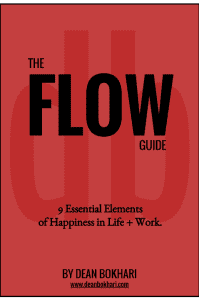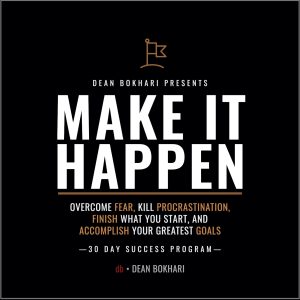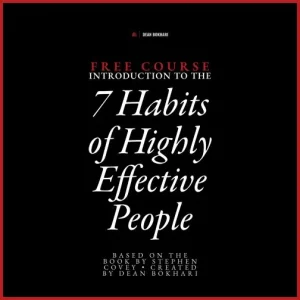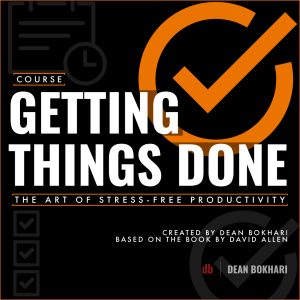My 9-year-old was teasing my 3-year-old. It started with sticking their tongues out and then escalated to kicking. I told each of them to stop. But when my 9-year-old continued despite my warnings, I watched as my 3-year-old, Rumi, went after her, slapping her body over and over again.
In that moment, I did nothing. I just watched.
And then I heard a surprising thought: She deserves it.
Realizing there’s a big part of me that does not want to help her, I yelled for my husband to come step in.
What happened there? Why did I have those thoughts? Why did I have no compassion for her?
A voice deep within responded, “You deserve it.” Suddenly, I saw my life rewind—all the times I’ve directed this same lack of compassion toward myself.
I deserve the struggle.
I deserve the shame.
I deserve the failures.
I deserve beating myself up.
When my husband pulled the kids apart, my daughter looked at me, tears in her eyes. Her deep-feeling soul, always attuned to my unspoken emotions, read my silence. She yelled, You love Rumi more. I knew it.
And she wasn’t wrong.
I do love the “other” more. I love everything outside of me—people, achievements, success—more than I love myself. I grant others the benefit of the doubt before I even consider offering myself grace.
So what’s next?
Deep curiosity and compassion for this highly critical part of me—the part that believes it deserves to be beaten down, let down, judged, unloved.
And a vow to stand up for my daughter especially when I don’t want to.
Because this isn’t about her, is it?
This is about loving myself.
And teaching her to love herself.
So together, we can get underneath it all and find the deep, hidden, exiled distress that’s protecting itself—through my harsh inner critic and her acting out against her brother—those fragile, unloved parts of ourselves that allow the beating down (mine internal, hers expressed), when all they’ve ever wanted was to be held with love.
In healing this wound within myself, I show her how to heal hers too.


 Free Course: Intro to The 7 Habits of Highly Effective People by Stephen Covey • Instructed by Dean Bokhari.
Free Course: Intro to The 7 Habits of Highly Effective People by Stephen Covey • Instructed by Dean Bokhari.
